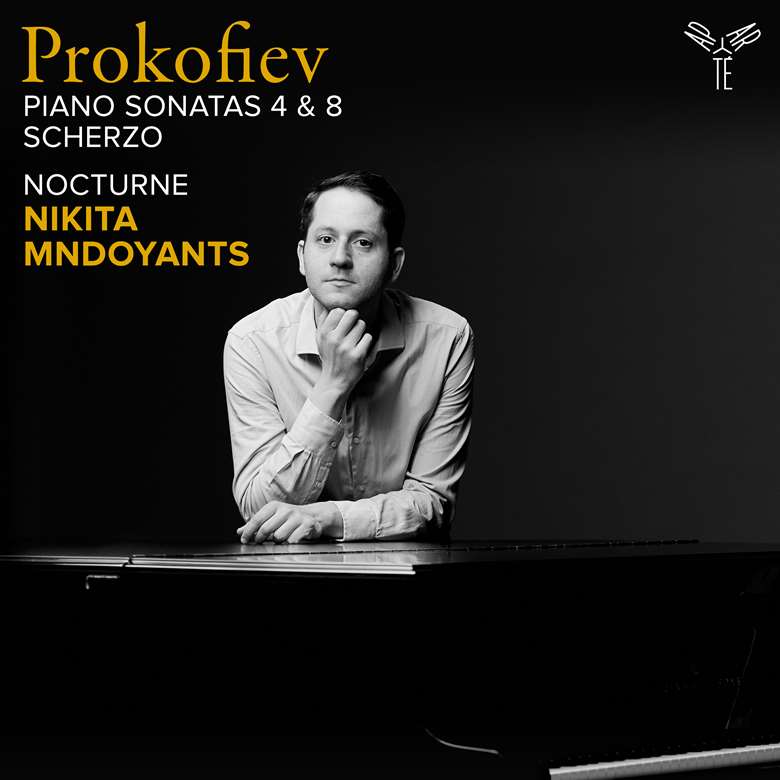Prokofiev: Piano Sonatas – No 4, Op 29; No 8, Op 84 (Nikita Mndoyants)
Ateş Orga
Friday, March 8, 2024
Mndoyants sits comfortably in a Russian/Soviet tradition not short of fantastical arrangers – from Rachmaninov to Pletnev and Volodos

Register now to continue reading
This article is from International Piano. Register today to enjoy our dedicated coverage of the piano world, including:
- Free access to 3 subscriber-only articles per month
- Unlimited access to International Piano's news pages
- Monthly newsletter






